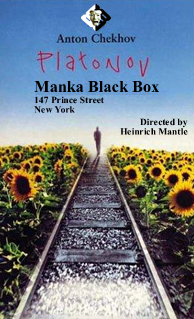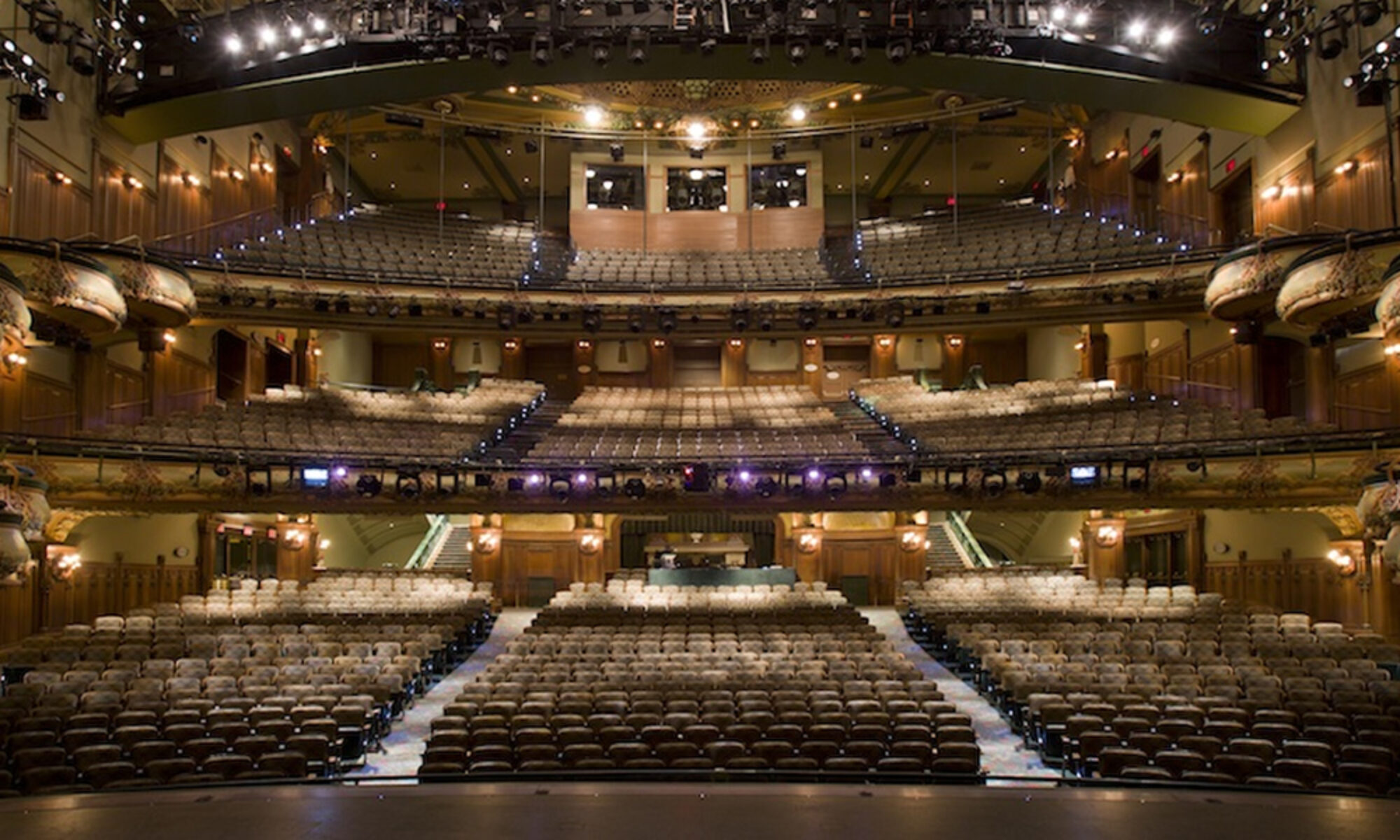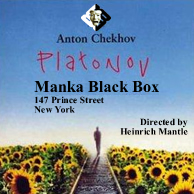 This week I had the pleasure to sit down with Heinrich Mantle, the director of the upcoming Manka Black Box theatrical treat Platonov by Anton Chekhov. Mantle has challenged audiences for three decades with his deconstruction and recomposition of many of our most beloved classics. He has repeatedly shown that he has no fear, artistically.
This week I had the pleasure to sit down with Heinrich Mantle, the director of the upcoming Manka Black Box theatrical treat Platonov by Anton Chekhov. Mantle has challenged audiences for three decades with his deconstruction and recomposition of many of our most beloved classics. He has repeatedly shown that he has no fear, artistically.
Kyrle Lendhoffer: Heinrich, welcome to Behind The Proscenium.
Heinrich Mantle: My pleasure.
KL: Let me cut to the chase. Why Platonov? Why now?
HM: As for Platonov, why not? It’s never performed. It had an original running time of six hours. Chekhov didn’t even like it compared to his other work. As for why now? Broadway needs Chekhov. But Broadway needs the Chekhov that Chekhov didn’t appreciate. Because even though Broadway needs Chekhov, it doesn’t need regurgitated Chekhov. And speaking of that, if I see Uncle Vanya or The Cherry Orchard one more time with period costumes in a pretty little country villa, I will be physically sick.
KL: But isn’t that what Chekhov intended?
HM: How do we know what Chekhov intended? He is dead! Maybe he would have preferred The Cherry Orchard on the moon. We’ll never know for sure – but we can try!
KL: Tell me about your ideas of conceptual theater.
 HM: I believe in bringing fresh, new perspectives to shows that have been – shall we say – heavily produced in the past. And these concepts bring modern audiences directly into the viewing experience, where they’re forced to confront their previously conceived notions, prejudice and feelings of the piece and, most importantly, their own lives.
HM: I believe in bringing fresh, new perspectives to shows that have been – shall we say – heavily produced in the past. And these concepts bring modern audiences directly into the viewing experience, where they’re forced to confront their previously conceived notions, prejudice and feelings of the piece and, most importantly, their own lives.
KL: Like your production of Strange Interlude. It caused quite a controversy.
HM: Strange Interlude was a strange duck indeed! I kept everything in line with Eugene O’Neill’s vision – with one very major change. Instead of the characters turning to the audience to say their internal monologues, another actor – representing a player from the Miami Dolphins 1972 NFL Championship team – would come out say the lines.
KL: Why the 1972 Miami Dolphins?
HM: Who wouldn’t want their deepest thoughts expressed by the only undefeated team in modern NFL history? And, yes, I am including last year’s Super Bowl choking New England Patriots.
KL: I would prefer the 1927 Yankees—
HM: Base-baller!
(Laughter)
KL: So, the character of Marsden was represented by Bob Griese…
HM: And Evans, Larry Csonka. Nina’s inner self was represented by Garo Yepremian.
KL: Nina… by Garo Yepremian?
HM: Who better to represent a woman than a place-kicker?
KL: Wicked!
HM: Indeed…
KL: And then you placed Shakespeare’s The Comedy Of Errors in a Gothic mausoleum. Very bold!
HM: I don’t think audiences were quite ready for that one.
KL: Why a mausoleum?
HM: Think of it like this… you have two sets of twins running around Ephesus, there is confusion, laughter. How do you remind the audience of their own mortality? You surround the play with death!
KL: Doesn’t that damage the comedy?
HM: Exactly! And in the confusion, the audience can then see nothing but the truth!
KL: Amazing.
HM: Thank you.
KL: Back to Platonov. How have you approached this one?
HM: It was difficult. I was tearing apart my brain. You see, normally I find a concept. I work on that concept until it is perfect. Then I find a play that I can force that concept on. In this case, I worked in reverse. I found Platonov, and then I worked on the concept.
KL: And that concept was…?
HM: Thinking about it. Platonov’s life is hanging by a thread. But aren’t all of our lives hanging by threads?!? Then it hit me. The actors would hang from the ceiling with wires – or by a thread! And then as the actor’s relationships changed, they would rise above or below each other as their class status increased or decreased.
KL: Amazing again.
HM: Yes. For example, in a key scene between Platonov and Anna Petrovna, each character moves past each other spatially, or up and down to the layman, seven times. You can actually see where they stand.
KL: Or hang…
HM: Or hang, yes.
KL: Wow. One question – you said the play originally ran six hours. How long are you running now?
HM: After fierce cuts, the show now runs three hours – without an intermission.
KL: And the actors are hanging from wires the entire time?
HM: Yes, they are very dedicated.
KL: How do they use the bathroom?
HM: We’re working on that.
As you can see, Heinrich Mantle isn’t afraid to attack our comfortable views of what theater is. And even more important, what theater SHOULD be. It was a pleasure to interview him (again) for Behind The Proscenium.
![]() Kyrle Lendhoffer – Behind The Proscenium
Kyrle Lendhoffer – Behind The Proscenium

